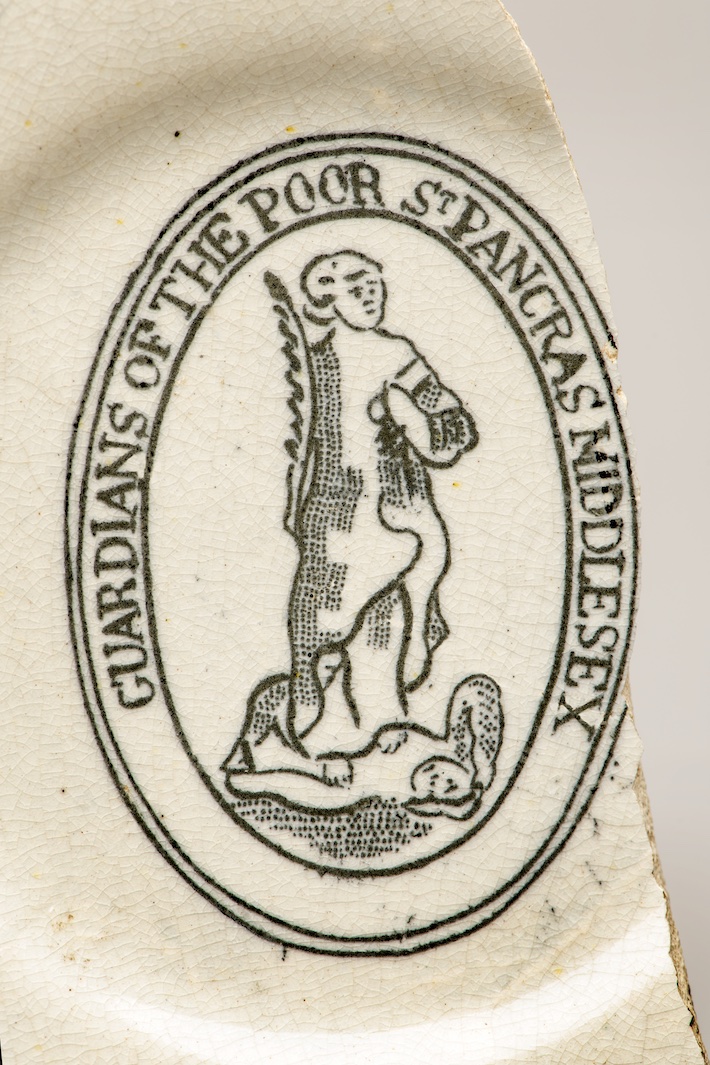 LONDON, ENGLAND—According to a report in The Guardian, Gwilym Williams of the Museum of London Archaeology (MOLA) and his colleagues have excavated the site of London’s infamous St. Pancras workhouse, where they uncovered rooms with fireplaces and walls covered with blue plaster. The institution also featured gardens, an infirmary, and a nursery, the study revealed. Artifacts recovered from the workhouse site include crockery marked with an image of St. Pancras and the slogan, “Guardians of the Poor St. Pancras Middlesex”; a bone toothbrush with horsehair bristles; and a ceramic hot water bottle. Williams thinks that this workhouse structure, completed in 1809, may have been intended to provide support, food, and basic shelter, rather than the punishment described in historical and popular accounts. Although St. Pancras was designed to house 500 people, by 1850, more than 1,900 lived there. Overcrowding likely led to the miserable, unhealthy living conditions, Williams explained. To read more about nineteenth-century London, go to "Haunt of the Resurrection Men."
LONDON, ENGLAND—According to a report in The Guardian, Gwilym Williams of the Museum of London Archaeology (MOLA) and his colleagues have excavated the site of London’s infamous St. Pancras workhouse, where they uncovered rooms with fireplaces and walls covered with blue plaster. The institution also featured gardens, an infirmary, and a nursery, the study revealed. Artifacts recovered from the workhouse site include crockery marked with an image of St. Pancras and the slogan, “Guardians of the Poor St. Pancras Middlesex”; a bone toothbrush with horsehair bristles; and a ceramic hot water bottle. Williams thinks that this workhouse structure, completed in 1809, may have been intended to provide support, food, and basic shelter, rather than the punishment described in historical and popular accounts. Although St. Pancras was designed to house 500 people, by 1850, more than 1,900 lived there. Overcrowding likely led to the miserable, unhealthy living conditions, Williams explained. To read more about nineteenth-century London, go to "Haunt of the Resurrection Men."
Site of London’s St. Pancras Workhouse Excavated
News November 15, 2023

SHARE:
Recommended Articles
Digs & Discoveries May/June 2024
Workhouse Woes
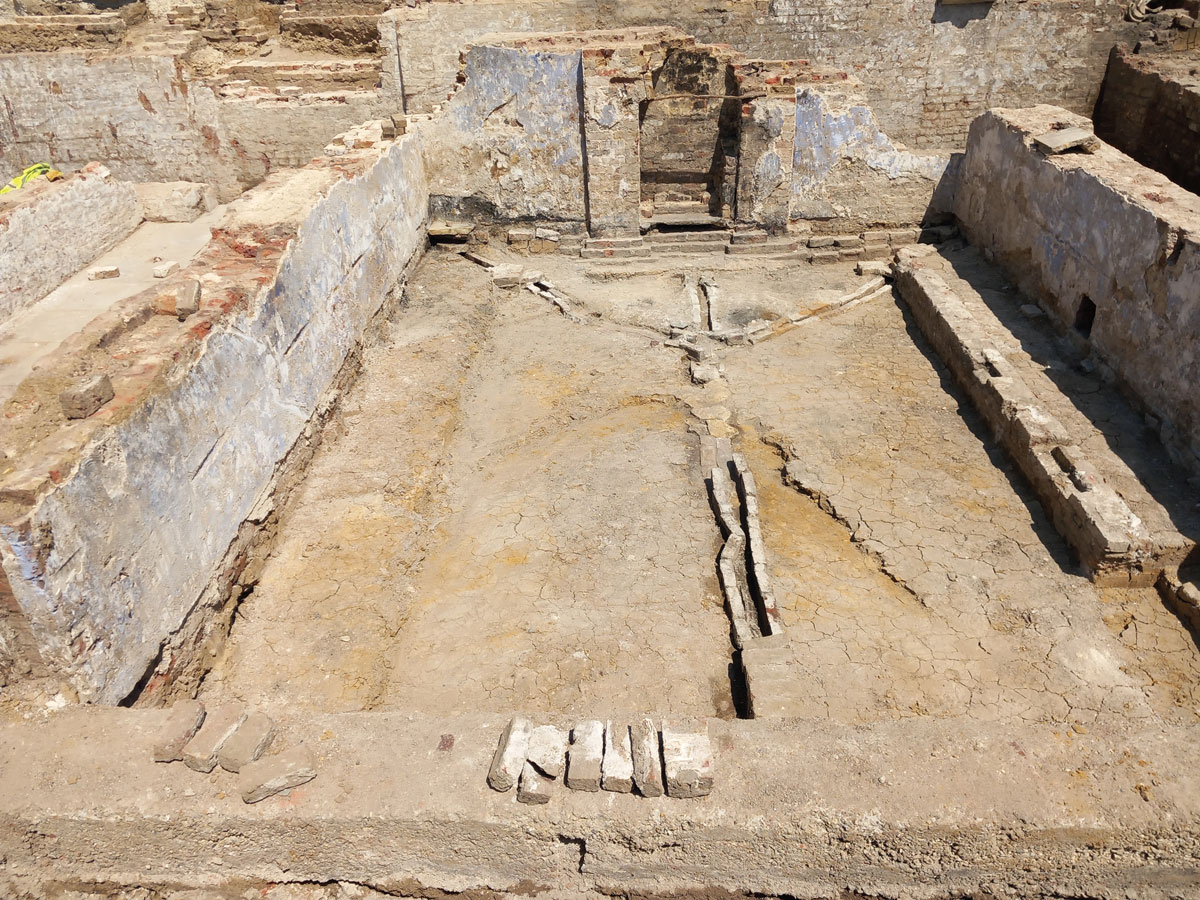
(© MOLA)
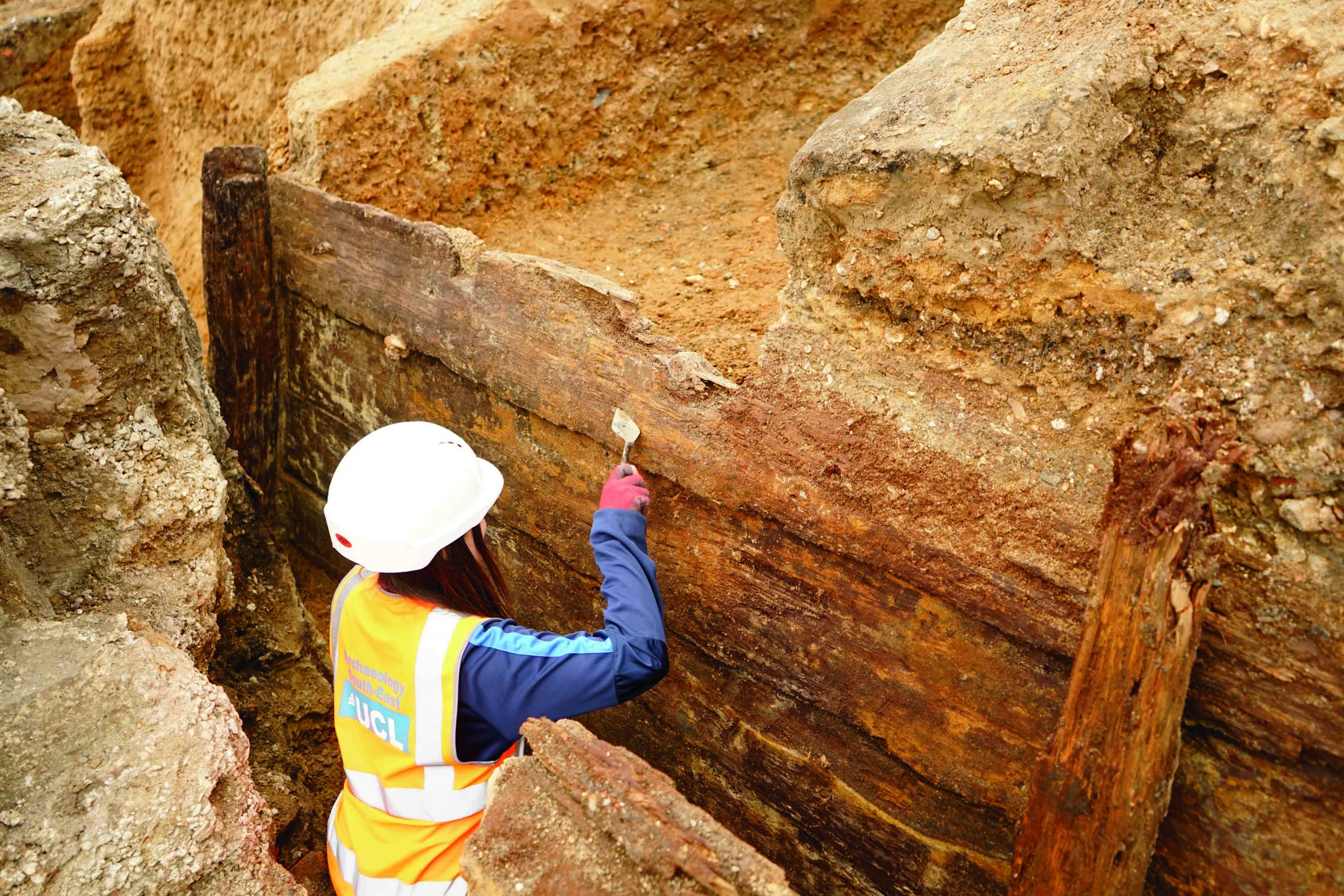
(Courtesy Archaeology South-East/UCL)
Digs & Discoveries November/December 2019
Provincial Pen Pal
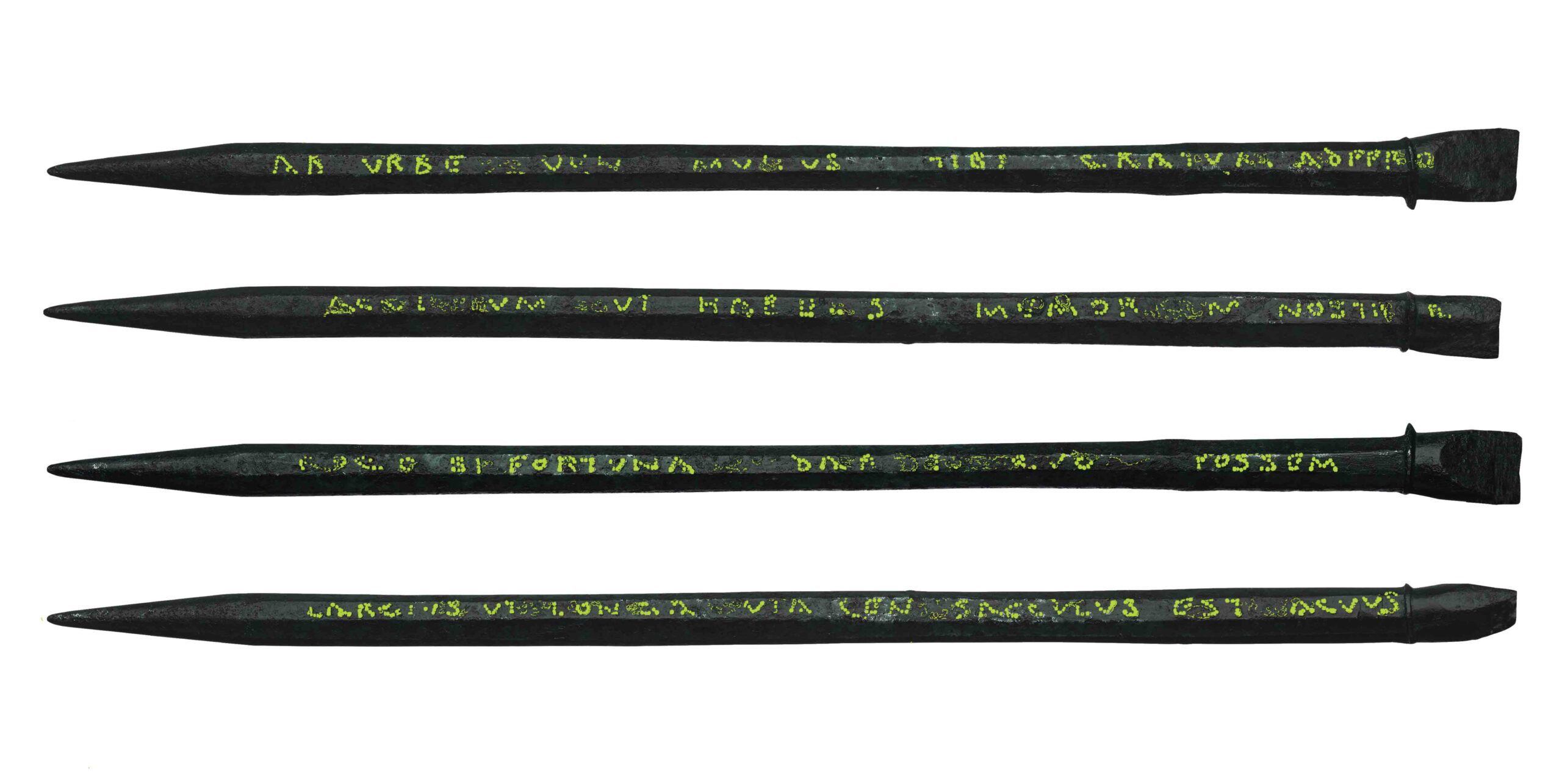
(©️ MOLA)
Digs & Discoveries March/April 2019
Die With Your Boots On
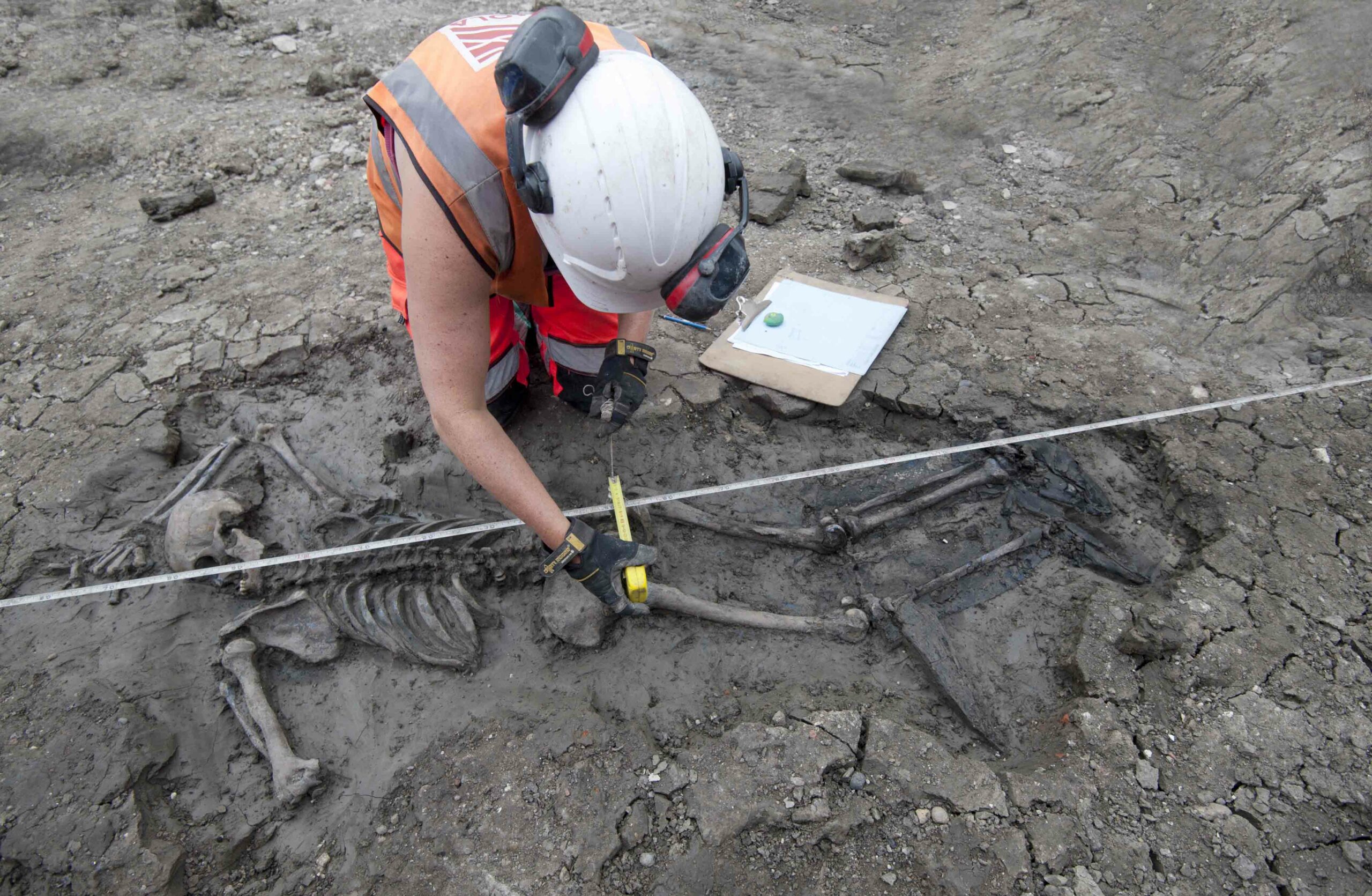
(Mola Headland Infrastructure)
-
Features September/October 2023
Ukraine's Lost Capital
In 1708, Peter the Great destroyed Baturyn, a bastion of Cossack independence and culture
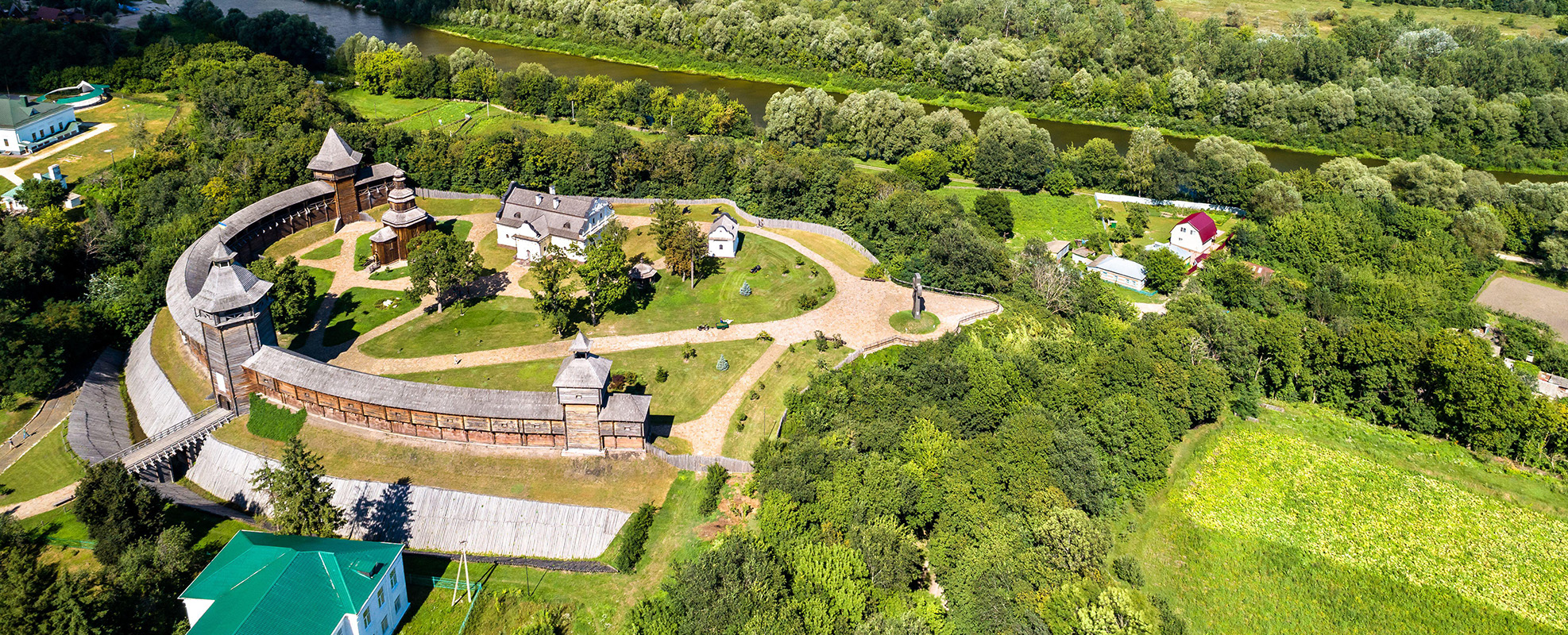 (Leonid Andronov/Alamy Stock Photo)
(Leonid Andronov/Alamy Stock Photo) -
Letter from Vesuvius September/October 2023
Digging on the Dark Side of the Volcano
Survivors of the infamous disaster rebuilt their lives on the ashes of the a.d. 79 eruption
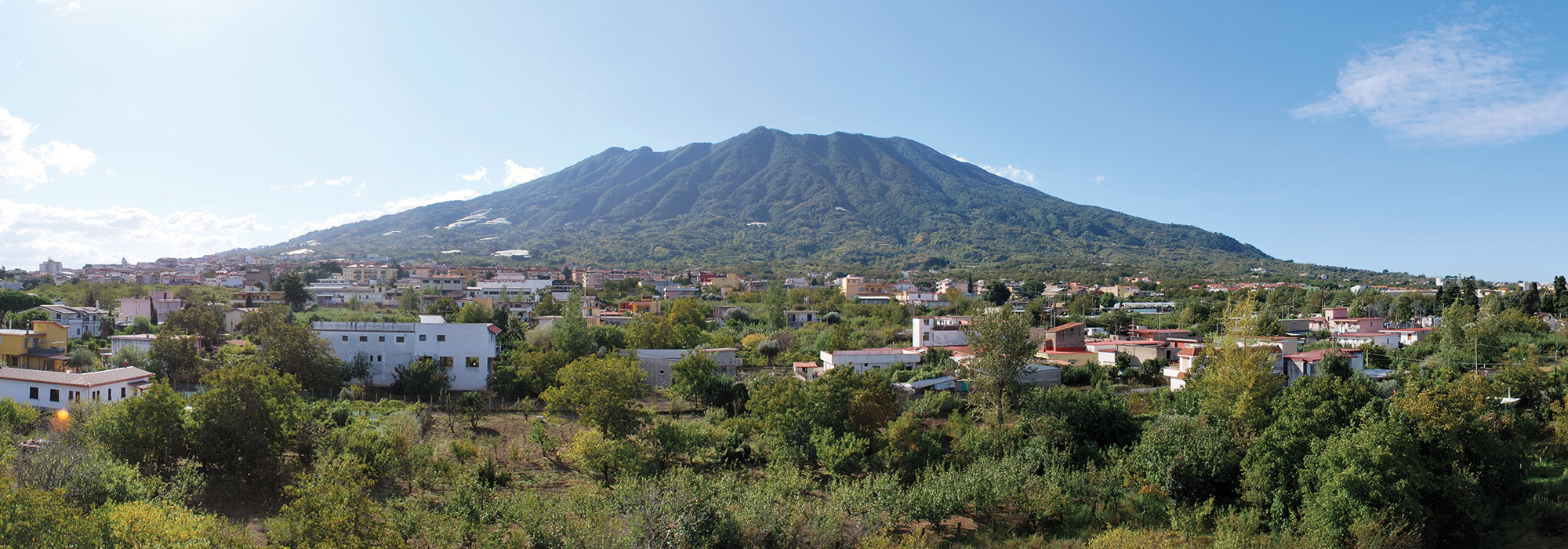 (Courtesy Girolamo Ferdinando De Simone)
(Courtesy Girolamo Ferdinando De Simone) -
Artifacts September/October 2023
Padlock
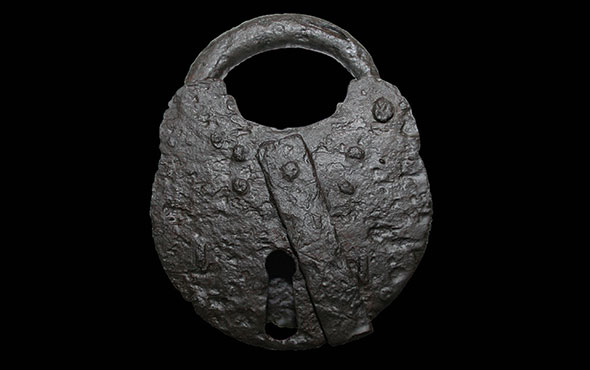 (Courtesy James Davidson)
(Courtesy James Davidson) -
Digs & Discoveries September/October 2023
Nose to Tail
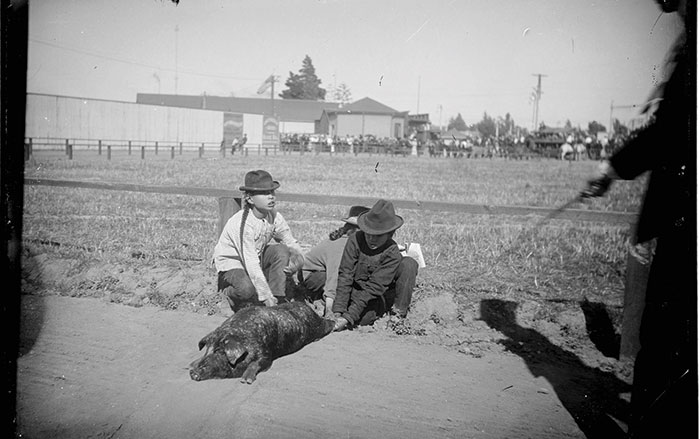 (Lisa See collection. The Huntington Library, San Marino, California)
(Lisa See collection. The Huntington Library, San Marino, California)


